By Jessica Domel
We were called to farm. That’s what one of our Texas Farm Bureau members said to me the other day when I asked her what it was like to be a first generation farmer in Texas. She said she felt that God had guided her husband, and later her, to start a farm, take care of the land, the animals and their family.
After I got off the phone with her, I sat there and thought about what she said. She’s right. Farming isn’t just a job. It’s not something you can go to at 9 a.m. and leave at 5 p.m., only to pick it up again the next day. It’s a 24/7, 365-days-per-year commitment that you cannot take lightly.
And contrary to what I’ve seen on the Internet, it’s not about the money for the majority of people who’ve committed their lives to agriculture. Sure, there are years when things are good, but there are many years when money gets tight and things start to go south.
In the movie Farmland, one of the farmers’ fathers shares, “I’ve been broke more times than you care to know.”
I assure you, he’s not the only farmer who can say that.
It’s tough, and it’s not cheap. You make difficult decisions year-long. Do I plant corn or wheat? Do we plant now or wait? One wrong decision and you could lose thousands of dollars.
It’s like playing the stock market from a tractor seat.
Farming also involves a lot of responsibility. Every Texas farmer and rancher I’ve met talks about his livestock and farming operation with a sense of passion and pride. Why? Because they’ve invested their time, sweat, passion and money into what they grow and raise. They want to do it right, so they can continue to do what they love.
It’s not for everyone, but for those who are called to farm and ranch, it’s an admirable way of life. Their calling means I’m able to put fresh fruits, vegetables, beef and chicken on my dining room table. And for that, I’m forever grateful.

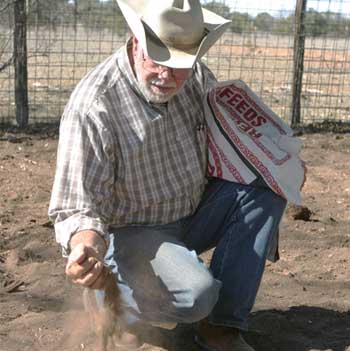

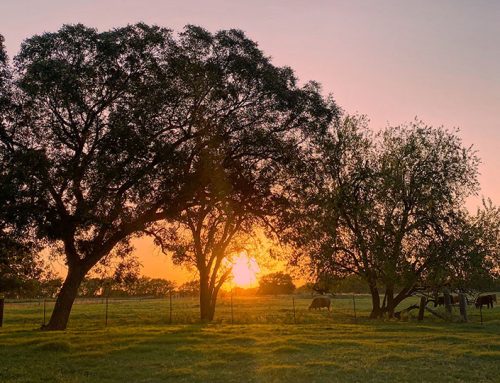
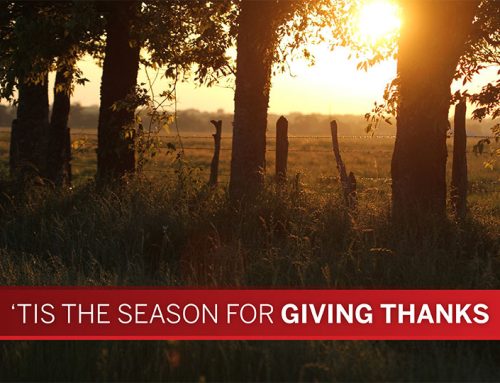
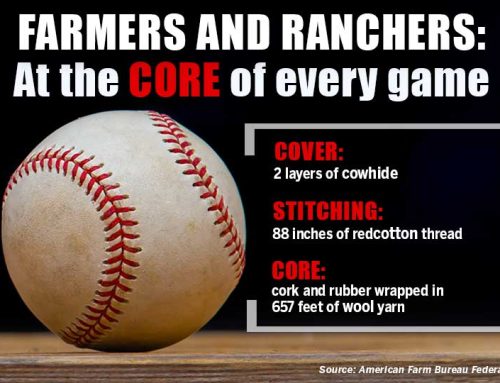
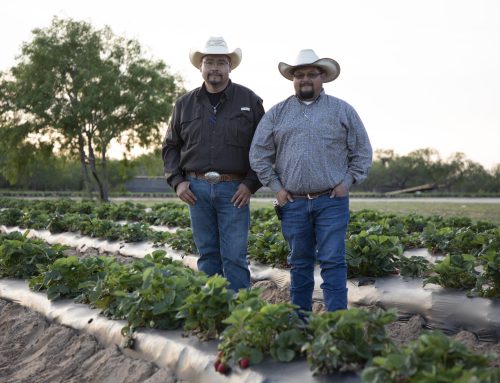




Leave A Comment